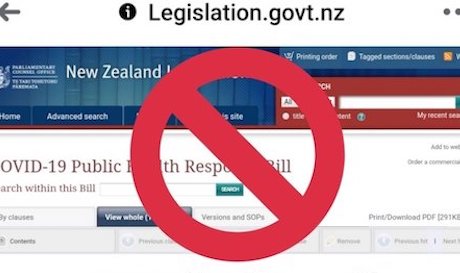The Salvation Army is concerned that cultural and spiritual wellbeing was not being considered alongside physical wellbeing, in the Health Response Bill.
“This Bill worries us deeply. There is no allowance or trust for religious gatherings, which further indicates this Government’s low view of spirituality as a fundamental part of overall wellbeing,” Salvation Army Māori Ministry director Lt-Colonel Ian Hutson says.
The Salvation Army acknowledges there have been urgent changes to this Bill, including the removal of references to marae.
However, Hutson says the Bill shows a lack of trust in iwi, hapū and community groups to work within the Covid-19 guidelines, despite the proven leadership of Māori in protecting the health and wellbeing of whānau during Levels 3 and 4.
As frontline welfare responders to the economic and social effects of the Covid-19 crisis, The Salvation Army has seen first-hand the struggle many New Zealanders are facing emotional and financial needs and societal and family disconnection.
Churches provide love and support, especially for those who are isolated, vulnerable and rely on their church for social connection. The Army considers Sunday church services an ‘essential service’, as they offer spiritual health; a vital component of wellbeing.
While most businesses, schools, restaurants, movie theatres, cafés and retail outlets are now given the freedom to operate with the necessary restrictions and safety measures in place, churches are not. The Salvation Army is willing and able to fully comply with Government restrictions on numbers and also contact tracing.
The Human Rights Commission says it’s “deeply concerned” about the lack of scrutiny and rushed process for the Covid-19 Response Bill.
It says that despite the Government knowing for weeks that New Zealand will be moving to alert level 2, it has not allowed enough time for careful public democratic consideration of the alert level 2 legislation.
“There has been no input from ordinary New Zealanders, which is deeply regrettable,” said chief human rights commissioner Paul Hunt.
Source
Additional readingNews category: New Zealand.




